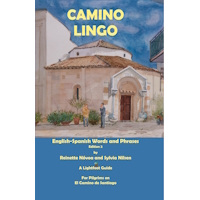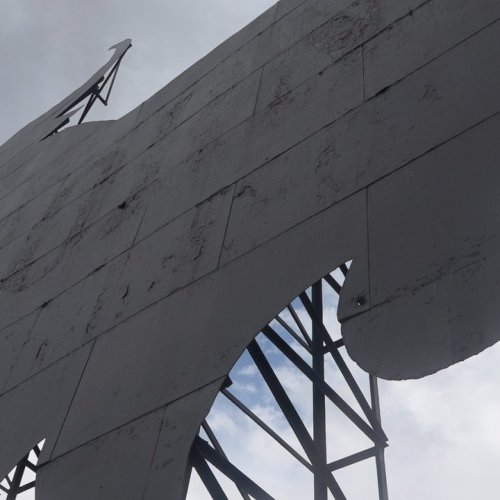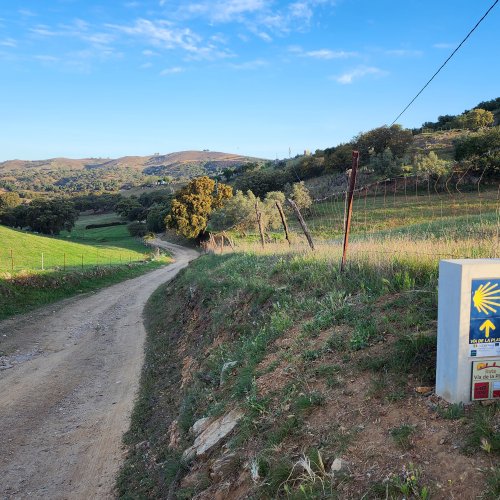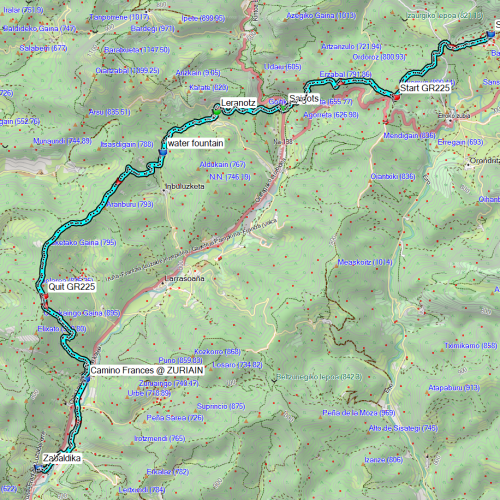Felice
Active Member
- Time of past OR future Camino
- SJPP to Santiago Sept 2014
My daughter wants to walk from Le Puy this September. She has a dairy intolerance, which whilst not being life threatening, is certainly life disrupting if she inadvertently consumes anything with dairy products made from cow's milk. It makes eating out quite stressful.
As she does not want to cook for herself in the evening, how easy is it going to be to get a dairy free meal? Are allergies/intolerances understood in rural areas or will she run the risk of being given dairy products because the cook does not realise that 'that little bit of butter won't matter' will cause her big problems in about 6 hours time?
She intends to perfect her French enough to hopefully make her requirements understood, but any other advice would be much appreciated. And she's love to hear how anyone in a similar situation has found eating out.
Now if she had wanted to walk in Spain, I'd have known exactly how easy it is to avoid dairy products!
As she does not want to cook for herself in the evening, how easy is it going to be to get a dairy free meal? Are allergies/intolerances understood in rural areas or will she run the risk of being given dairy products because the cook does not realise that 'that little bit of butter won't matter' will cause her big problems in about 6 hours time?
She intends to perfect her French enough to hopefully make her requirements understood, but any other advice would be much appreciated. And she's love to hear how anyone in a similar situation has found eating out.
Now if she had wanted to walk in Spain, I'd have known exactly how easy it is to avoid dairy products!















